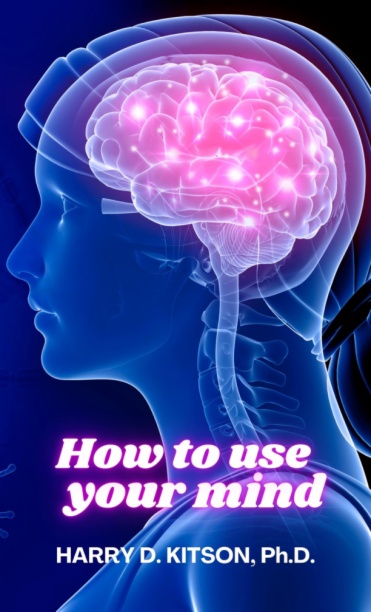Educational leaders are seeing with increasing clearness the necessity of teaching students not only the subject matter of study but also methods of study. Teachers are beginning to see that students waste a vast amount of time and form many harmful habits because they do not know how to use their minds. The recognition of this condition is taking the form of the movement toward "supervised study," which attempts to acquaint the student with principles of economy and directness in using his mind. It is generally agreed that there are certain "tricks" which make for mental efficiency, consisting of methods of apperceiving facts, methods of review, and devices for arranging work. Some are the fruits of psychological experimentation; others are derived from experience. Many of them can be imparted by instruction, and it is for the purpose of systematizing these and making them available for students that this book is prepared.
- PREFACE TO THE SECOND EDITION
- PREFACE TO THE FIRST EDITION
- CHAPTER I. INTELLECTUAL PROBLEMS OF THE COLLEGE FRESHMAN
- CHAPTER II. NOTE-TAKING
- CHAPTER III. BRAIN ACTION DURING STUDY
- CHAPTER IV. FORMATION OF STUDY-HABITS
- CHAPTER V. ACTIVE IMAGINATION
- CHAPTER VI. FIRST AIDS TO MEMORY; IMPRESSION
- CHAPTER VII. SECOND AIDS TO MEMORY: RETENTION, RECALL AND RECOGNITION
- CHAPTER VIII. CONCENTRATION OF ATTENTION
- CHAPTER IX. HOW WE REASON
- CHAPTER X. EXPRESSION AS AN AID IN STUDY
- CHAPTER XI. HOW TO BECOME INTERESTED IN A SUBJECT
- CHAPTER XII. THE PLATEAU OF DESPOND
- CHAPTER XIII. MENTAL SECOND-WIND
- CHAPTER XIV. EXAMINATIONS
- CHAPTER XV. BODILY CONDITIONS FOR EFFECTIVE STUDY
- SUGGESTIONS FOR FURTHER READING

